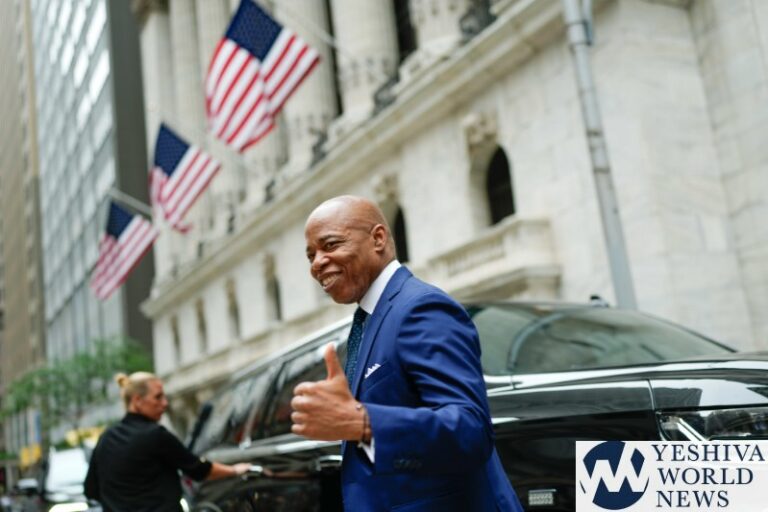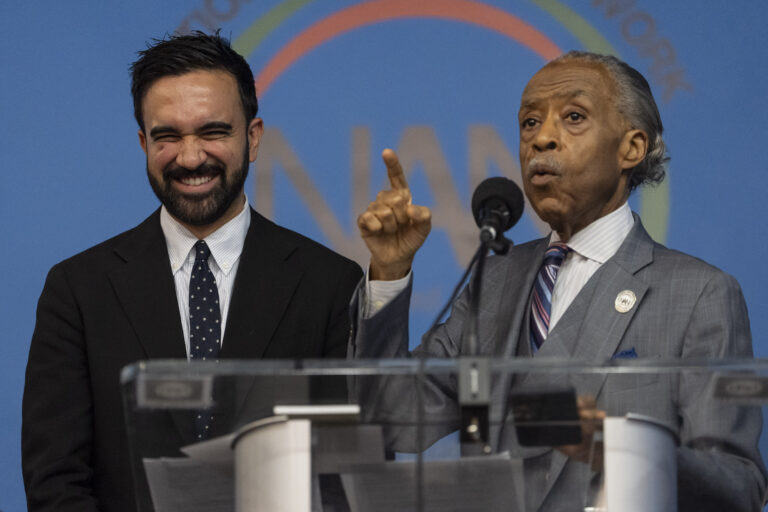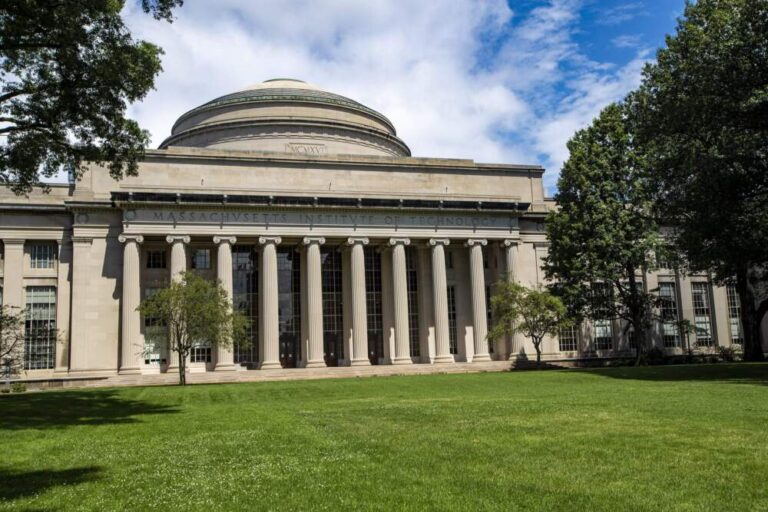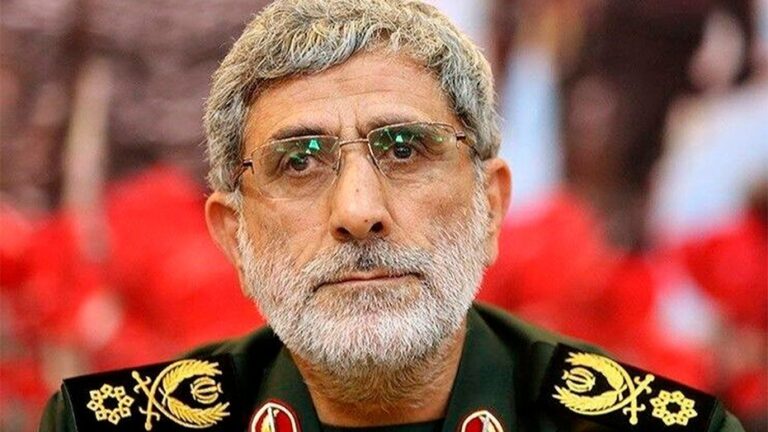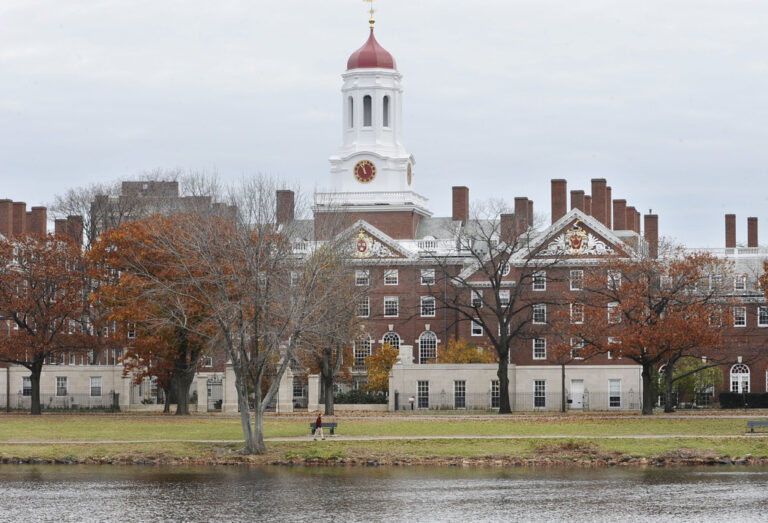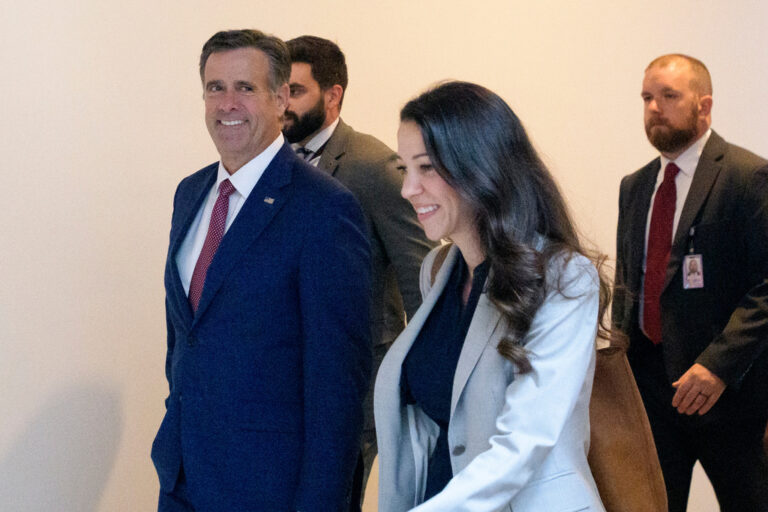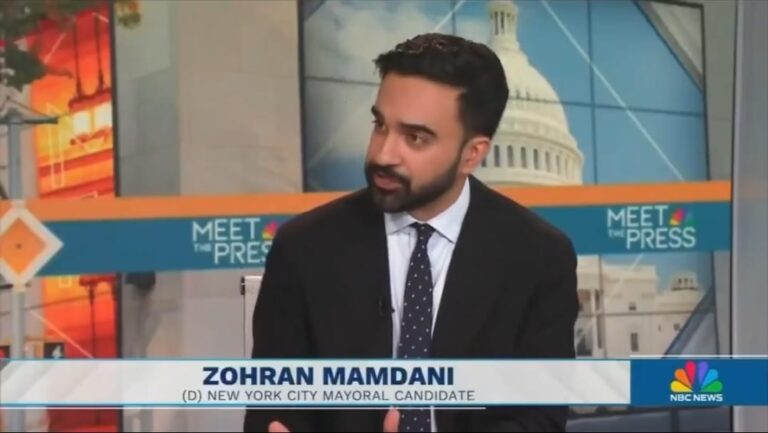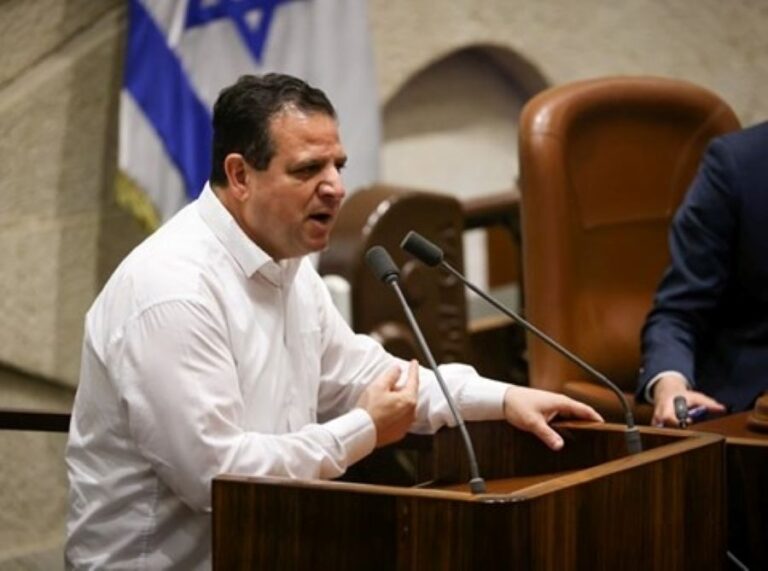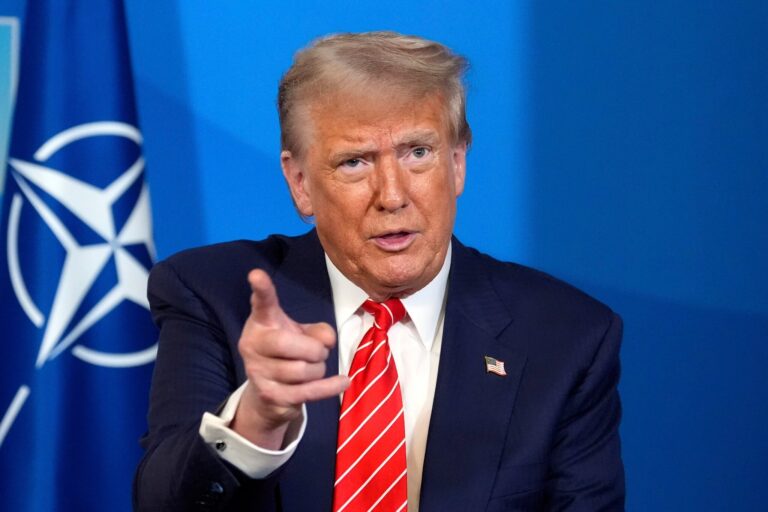 Still annoyed by CNBC’s handling of this week’s presidential debate, the Republican National Committee said Friday that it was suspending its partnership with NBC News and its properties on a primary debate scheduled for February.
Still annoyed by CNBC’s handling of this week’s presidential debate, the Republican National Committee said Friday that it was suspending its partnership with NBC News and its properties on a primary debate scheduled for February.
NBC News said it was disappointed in the development and will work to resolve the issue with the GOP.
It was unclear in the letter from RNC Chairman Reince Priebus to NBC News chief Andrew Lack whether the party would forbid NBC from televising the Feb. 26 debate and open up the broadcast rights to others. The debate was expected to be telecast on NBC and its Spanish-language partner, Telemundo.
Prebius’ letter also comes amid the backdrop of the individual campaign organizations planning a meeting Sunday to air out grievances about the debate process and suggest changes — a meeting that is pointedly excluding the Republican National Committee.
Republicans were angered by what they characterized as petty, non-substantive questions by debate moderators Carl Quintanilla, Becky Quick and John Harwood designed to embarrass the candidates. Harwood asked Donald Trump whether he was running a “comic-book version of a presidential campaign.”
Jeb Bush was asked to explain why his campaign was doing so poorly in the polls, Carly Fiorina was asked why Americans should hire her when she had been fired by Hewlett-Packard and Marco Rubio was asked if he should “slow down, get a few things done first” before running for president.
Prebius said candidates were also promised an opening question on economic matters; instead candidates were asked to outline their greatest weakness. He also said not enough was done to ensure candidates received relatively equal time on the air; Bush campaign officials reportedly complained to CNBC while the debate was going on that their candidate was not getting enough time. CNBC and some of the candidates also argued prior to the debate about its length.
The Trump campaign said on Friday it supported the committee’s decision.
“We look forward to pursuing alternatives along with the RNC to ensure candidates are given ample opportunity to outline their vision for the future of our country,” said campaign spokeswoman Hope Hicks.
During a rally Thursday in Nevada, Trump suggested that Republican debate moderators be required to prove that they vote Republican. “Why should we have these people that hate everything we stand for?” he asked.
Carson campaign spokesman Doug Watts declined to comment on the RNC’s decision, but said that Sunday’s meeting is going forward as planned.
“Censoring the press couldn’t be further from our minds,” Watt said. “Dictating the questioners or the questions couldn’t be further from our minds. We suggest that they be more substance-based and not gotcha-based, not trick questions, but policy- and issue-based. That’s the only thing from our perspective and I believe the other campaigns’.”
The campaigns have been fuming over the RNC’s handling of the debates, expressing frustrations that they’ve been excluded from participating in discussions over their terms. The tensions boiled over in the days leading to the CNBC debate, prompting Carson and Trump’s campaigns to threaten to boycott unless their demands were met.
While cutting NBC out of the process, the RNC said it still intended to have a debate that day with its other partner, the conservative National Review.
It also remains to be seen whether, barring any accommodation with the RNC, NBC might try to skirt the party and hold some sort of debate on its own.
Debates have unexpectedly become big business for the television networks. The three GOP debates — on Fox News Channel, CNN and CNBC — all set viewership records for those networks. The CNBC debate on Wednesday was seen by 14 million people, more than Game 2 of the World Series between the New York Mets and Kansas City Royals.
Though it had far lower viewership than the first two GOP debates, the first Democratic debate also set a record for the biggest TV audience ever for a Democratic campaign forum.
(AP)

